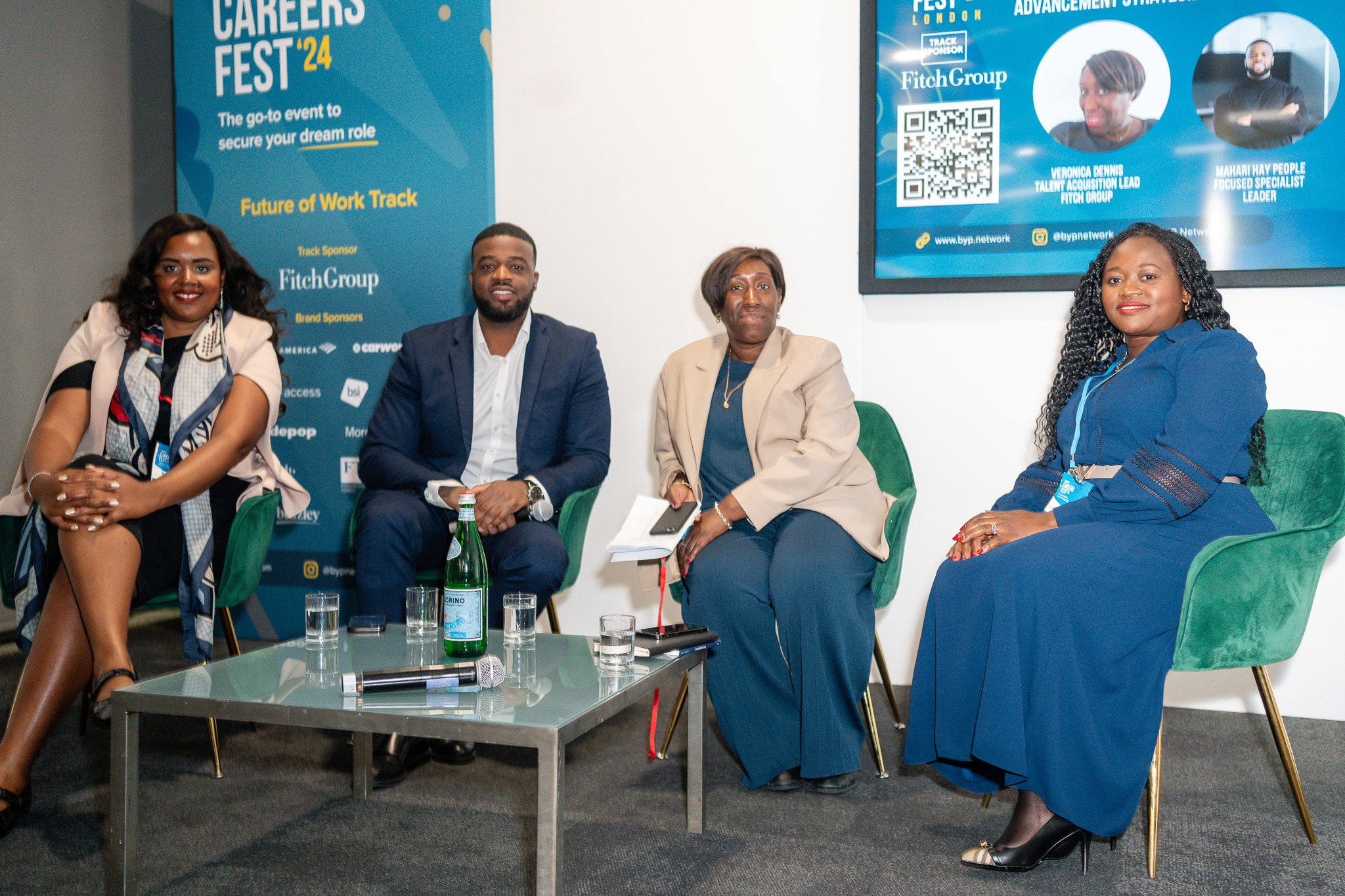How far is the Promise of Inclusivity kept?
The killing of George Floyd in 2020 sparked an onset of conversation and movement around systemic racism and justice, leading to a windstorm of promises from corporate leadership to promote more inclusivity. It’s been two years since Floyd’s death, and those promises are slow to come.
According to a poll, since April 2020, 41 percent of British employees have detected a shift in how their company handled racial issues, but 43 percent also claim that any initial vows to change didn’t stick. While some businesses have made significant strides toward developing Black professional leaders and building robust support systems for staff members from underrepresented groups, others continue to lag.
A clear example is the case of Auto Trader – the UK’s biggest automotive marketplace. They have steadily improved their inclusion efforts, earning them a spot on the seventh Inclusive Top 50 Employer in the UK for 2020–2021. Others include Unilever and HSBC UK.
The Case of FTSE100 and the Tech Industry
Despite almost 99 percent of the companies in the FTSE100 having inclusive mission statements, only around half (48 percent) have one or fewer successful Diversity, Equity, and Inclusion (DEI) projects. Also, only four percent of businesses have significant neurodiversity initiatives.
Specifically, within the tech industry, the reality is Black professionals’ representation is slow to increase, with an even greater need for company culture improvement. According to Hired’s findings, Black professionals make up about four percent of the tech industry and report frequently being subjected to discrimination once hired. Black professionals in this report also cited that they are paid less than their non-Black colleagues.
The Downside of Lack of Inclusion
The lack of representation negatively impacts the workforce. When organisations and businesses engage in “professional exclusion,” they decrease their ability to gain valuable insight from various perspectives and experiences. Access to pools of talent from all backgrounds creates a comprehensive assortment of innovative ideas.
When a particular minority is underrepresented in positions of authority at a company, discrimination in the workplace may feel more alienating. They might even be hesitant to make efforts to stop the discrimination if they don’t feel they have support.
How BYP can help you stay committed to your Diversity efforts
Diversity and inclusion can’t stop at filling seats and meeting quotas. The current system needs a full-blown makeover, or we’re destined to recycle the same outcomes. This means a full court press with actionable strategies addressing the problem from every angle. We believe in a multifaceted approach to support your DE&I initiatives, from investing in Black-owned tech startups like Google to working with policymakers to impact legislation like Salesforce.

Our CPD-accredited and research-based Black Experience Course is a step in the right direction to help you. You can also take a look at the employers on our BYP Jobs Board and the diversity and inclusion commitments and initiatives they have made. You don’t want to miss these opportunities. Check it out and learn more.
Resource Links:
- 2 years on: Understanding the work experiences of UK employees since the murder of George Floyd | Ipsos
- Auto Trader UK | Inclusive Companies
- Strategy and goals | Unilever
- Inclusion and Diversity
- Majority of FTSE 100 companies falling short of their Diversity, Equity and Inclusion claims – Business Leader News
- UK Tech Workplace Equality Report
- 12 Companies Ramping Up Their Diversity & Inclusion Efforts – and How You Can Too – Glassdoor for Employers






